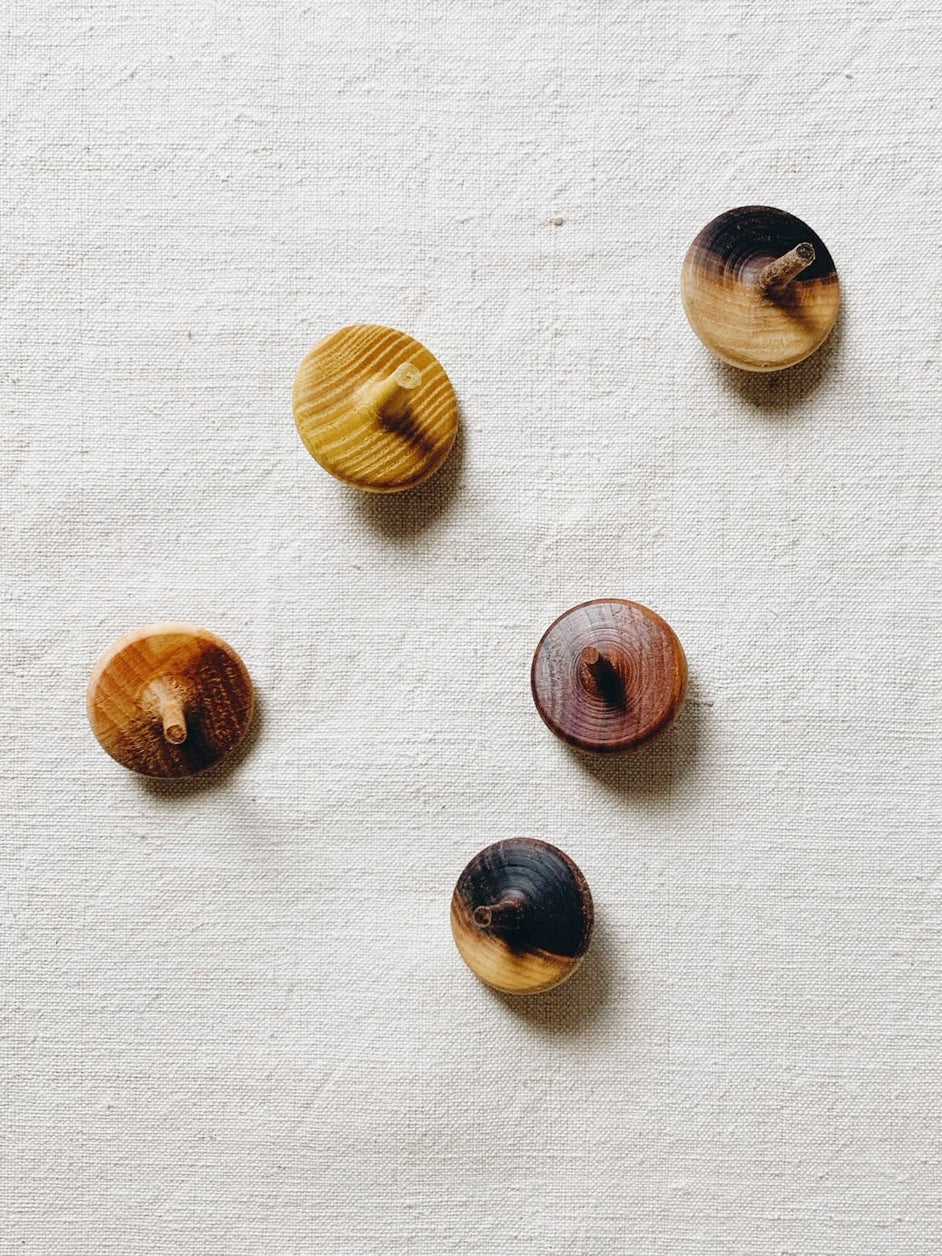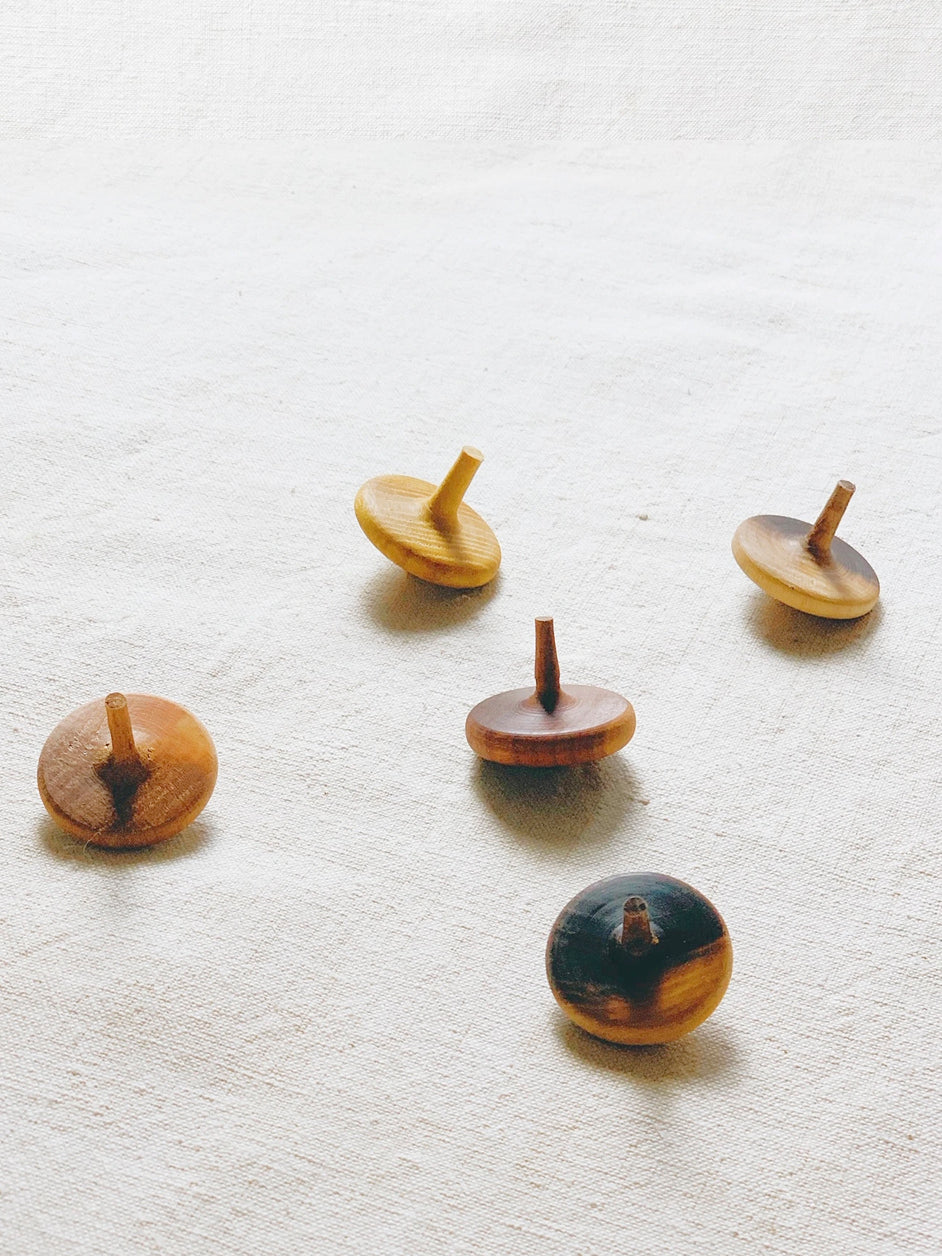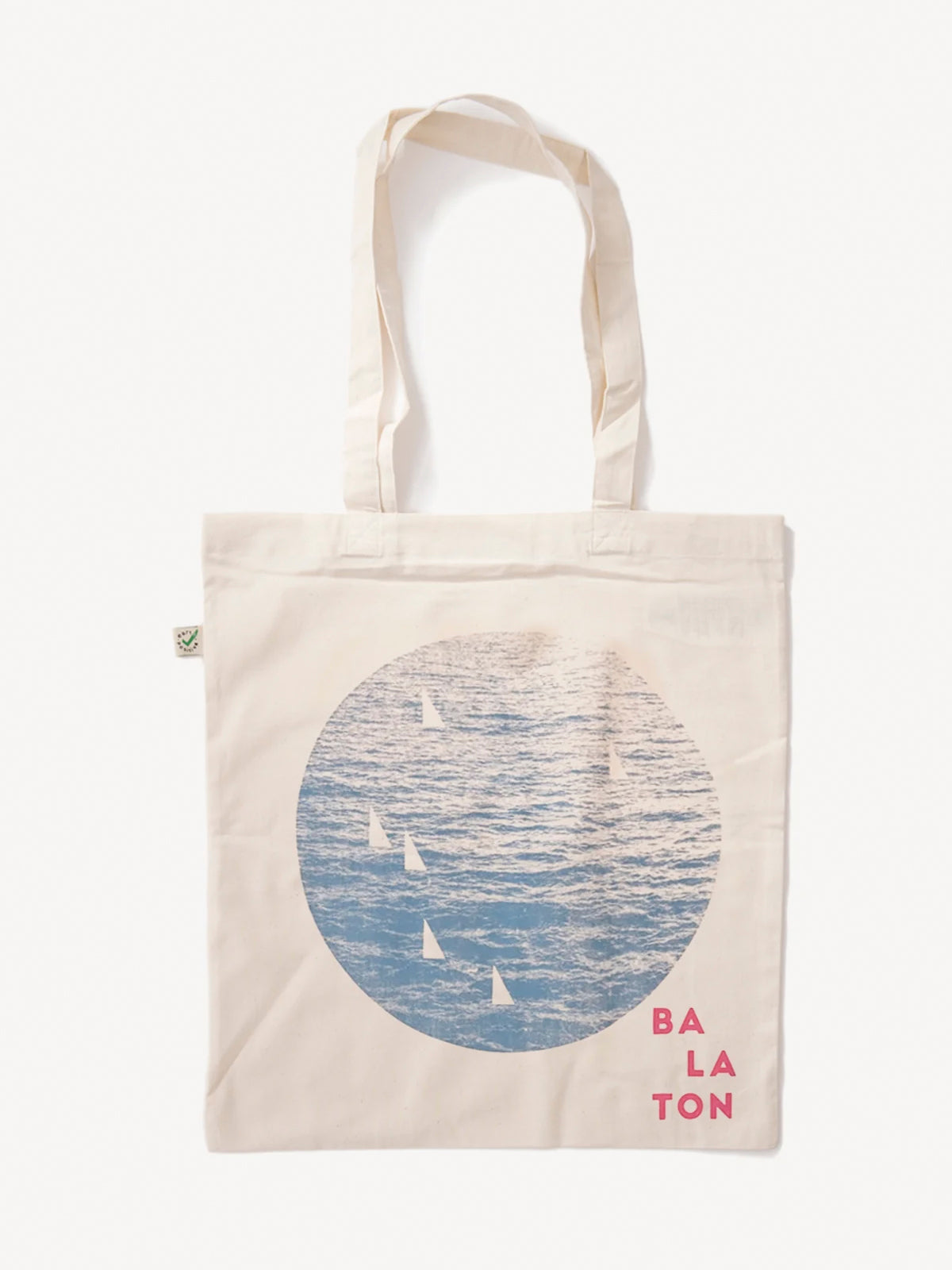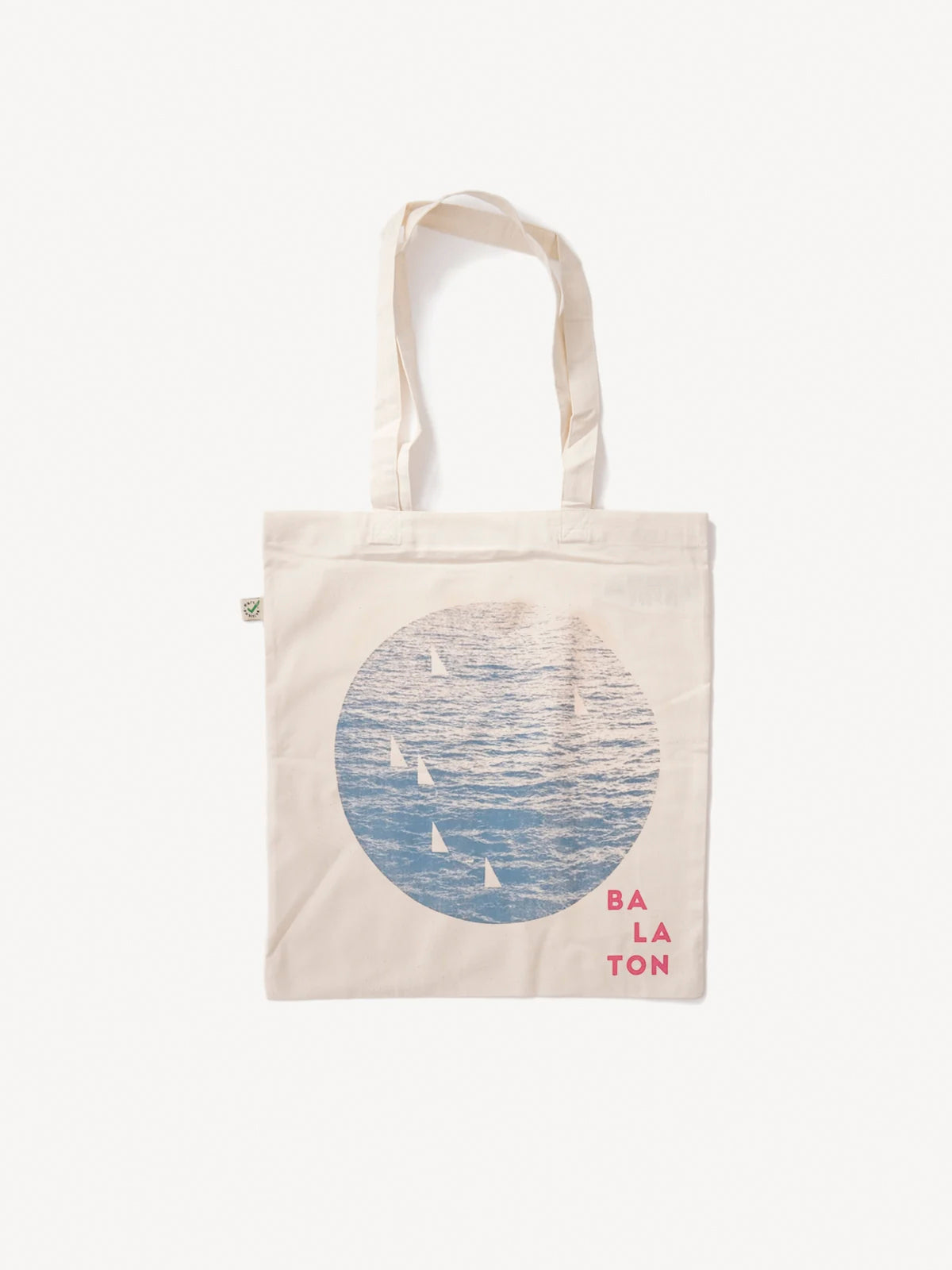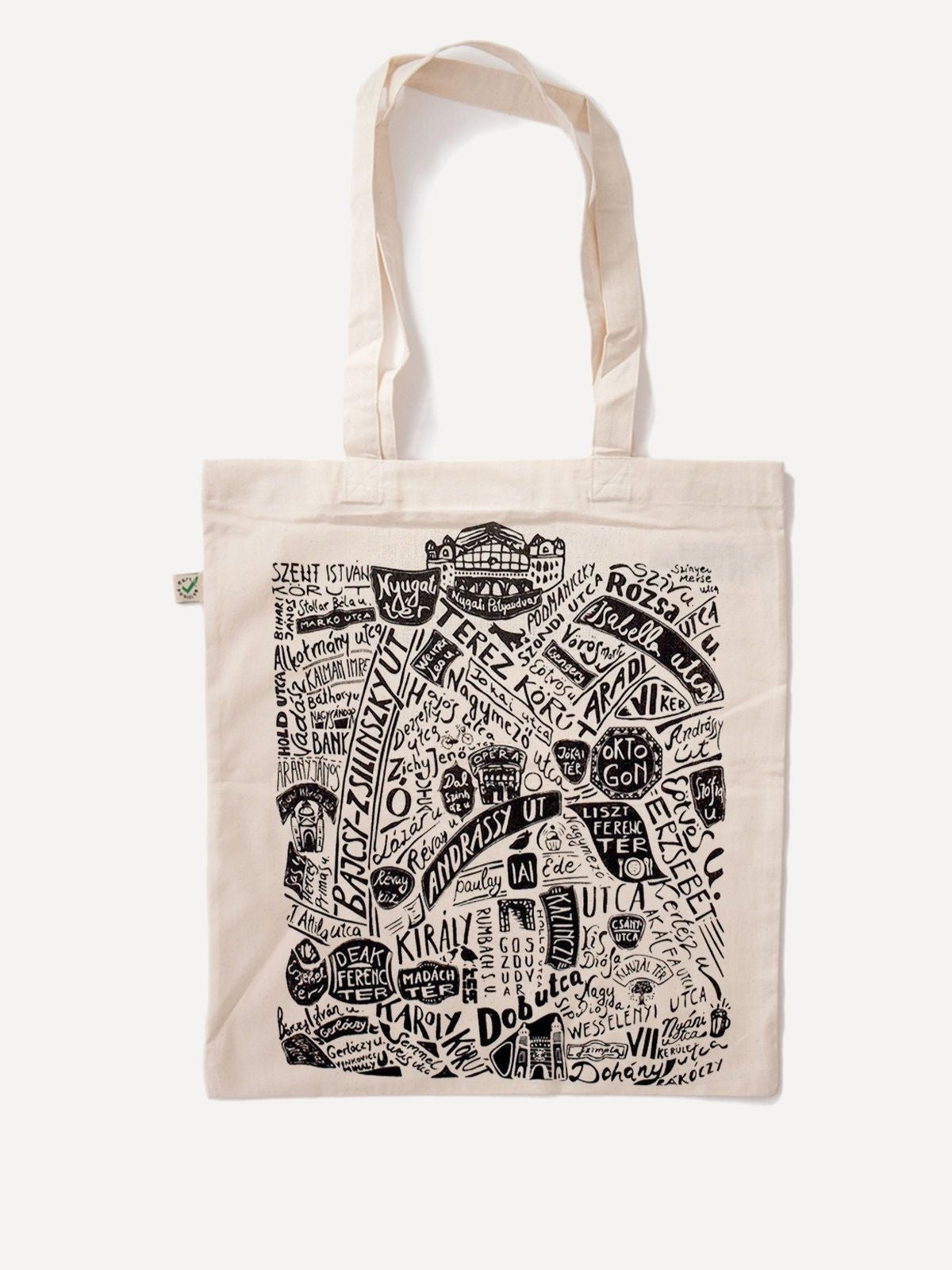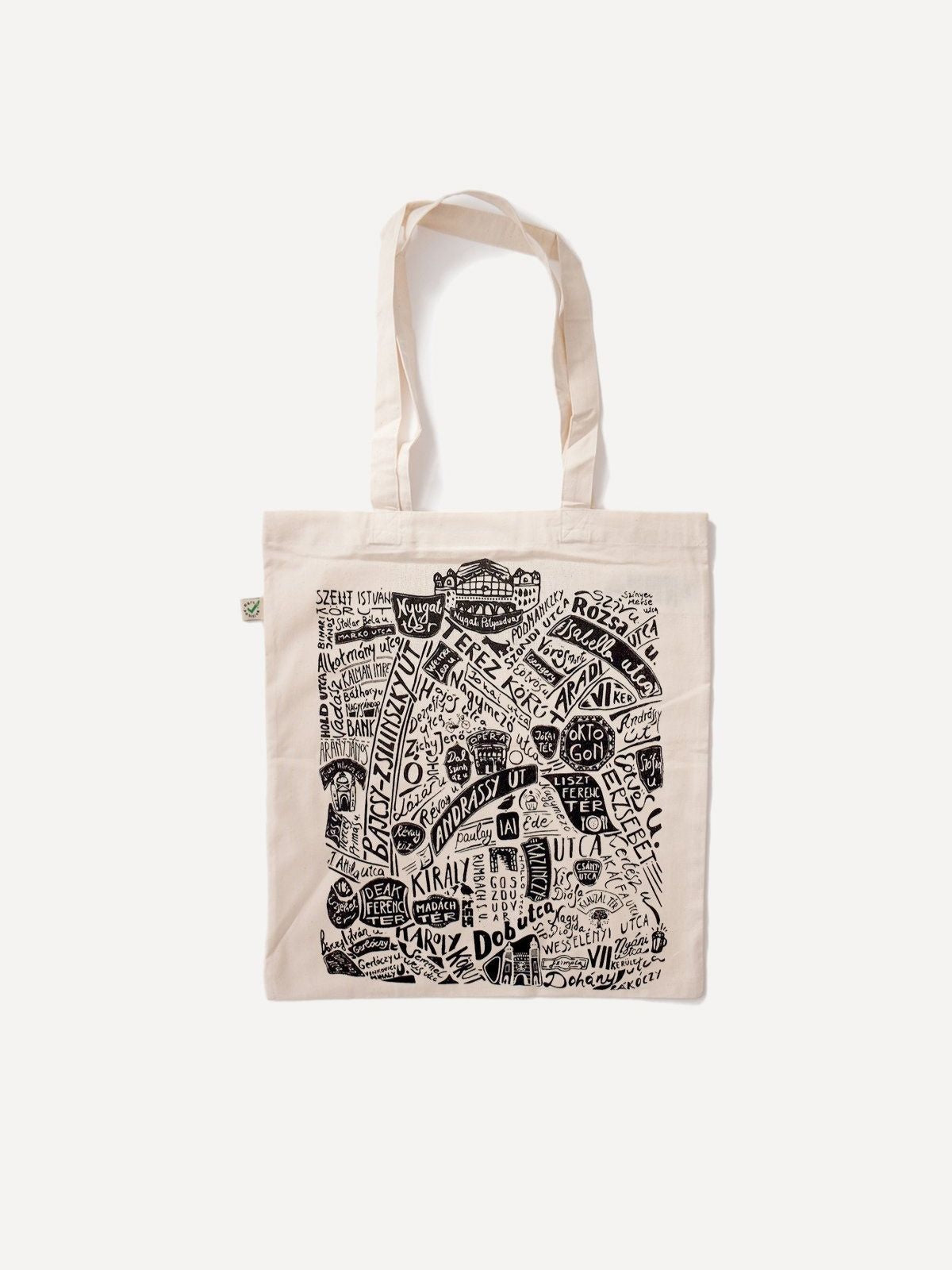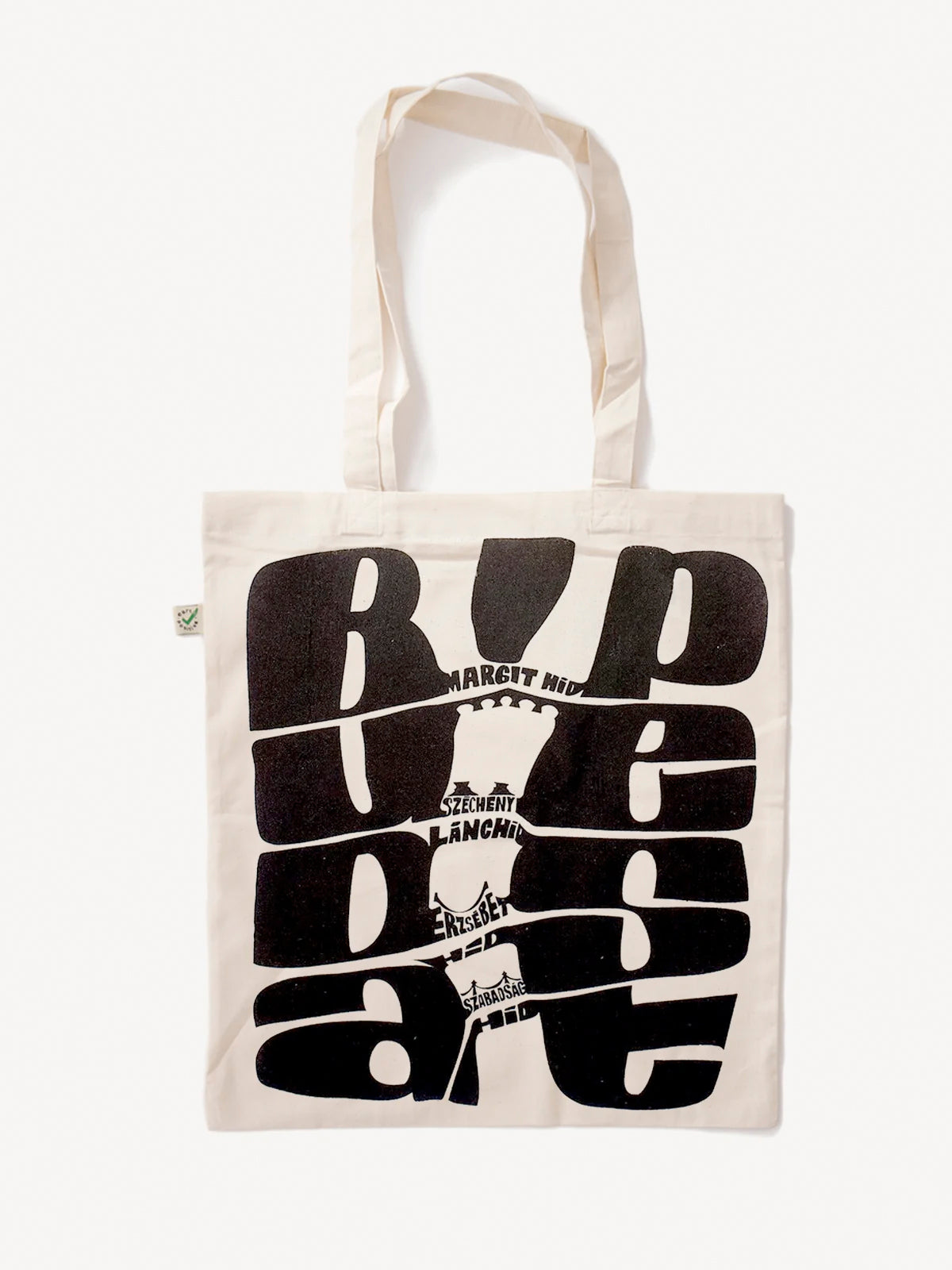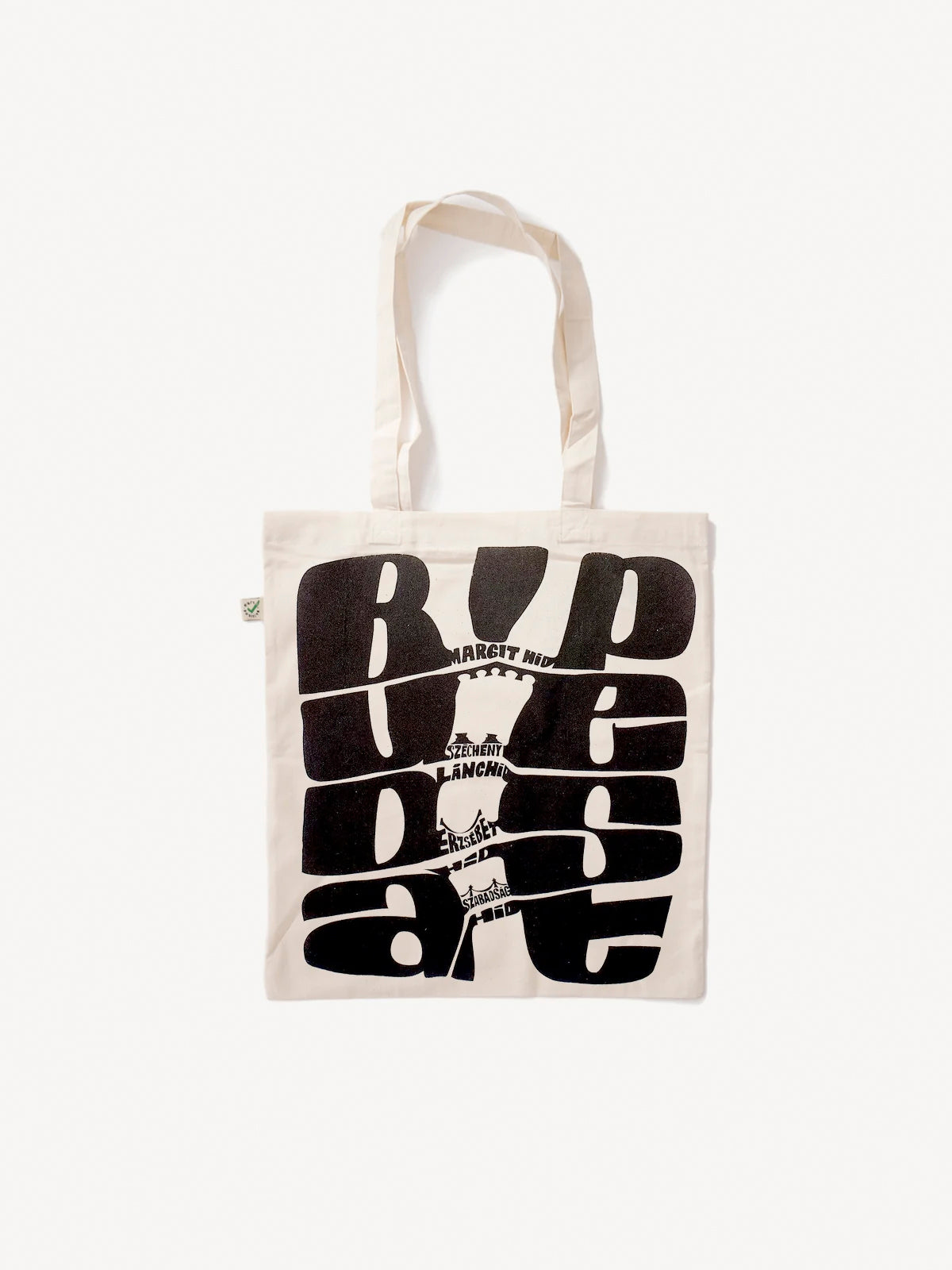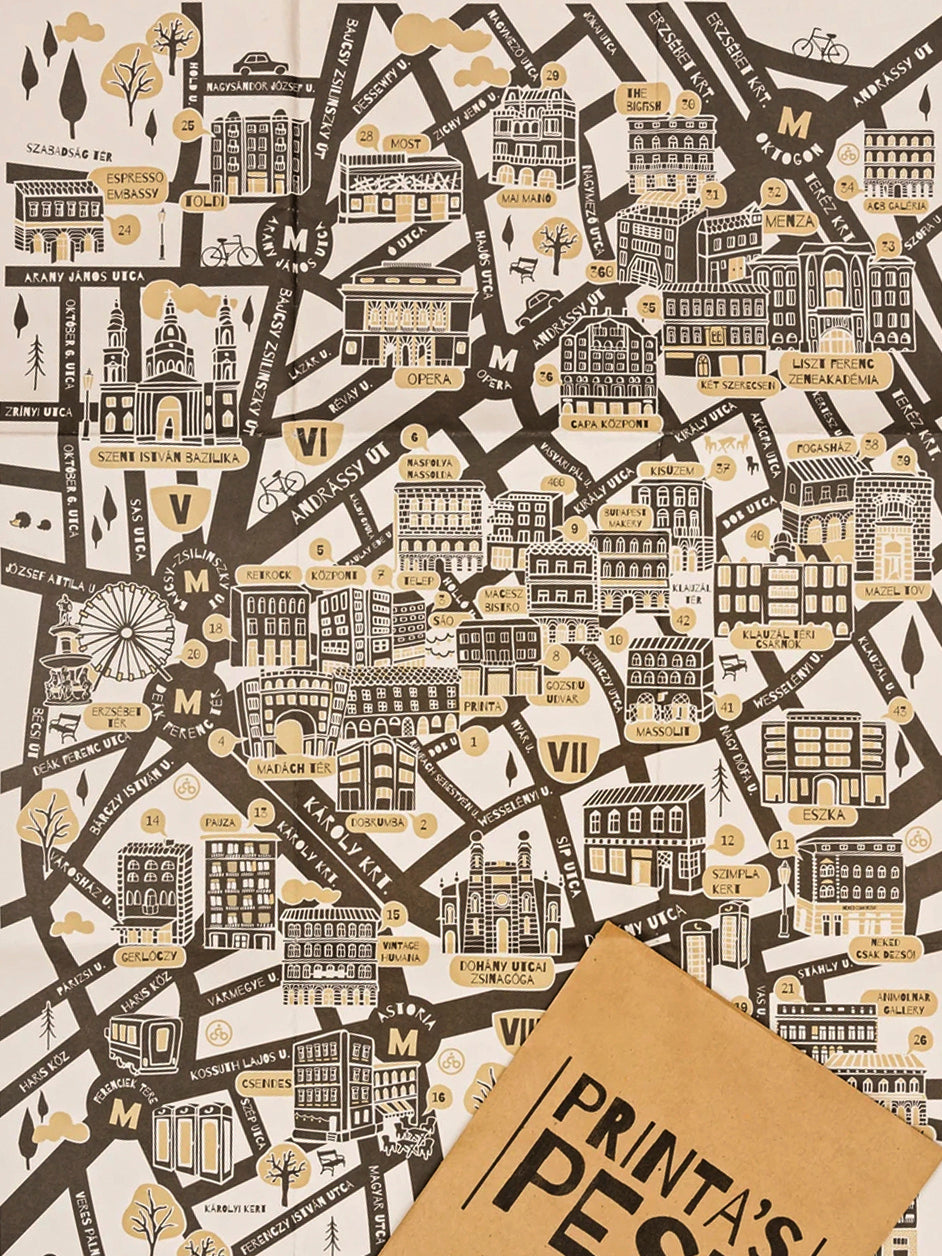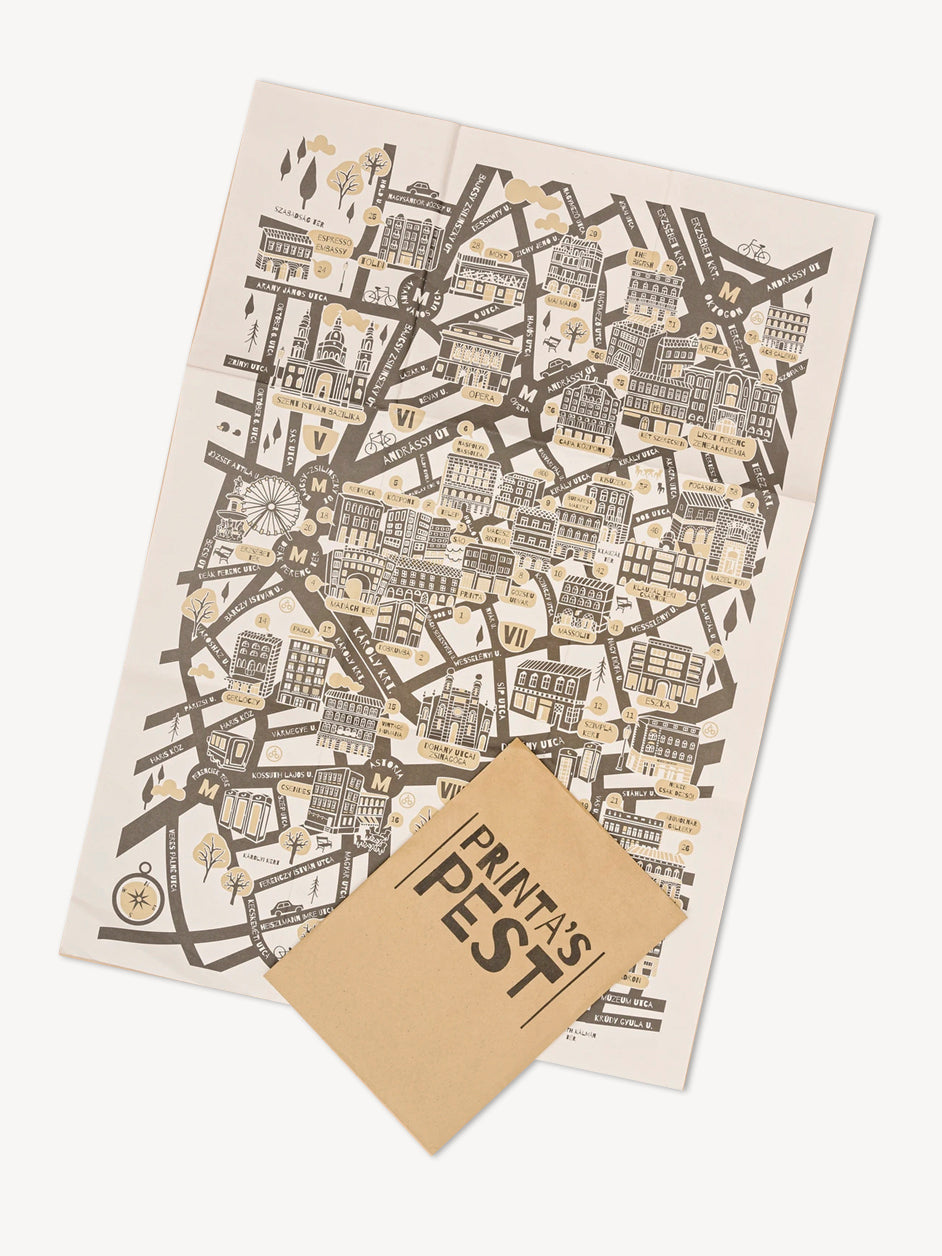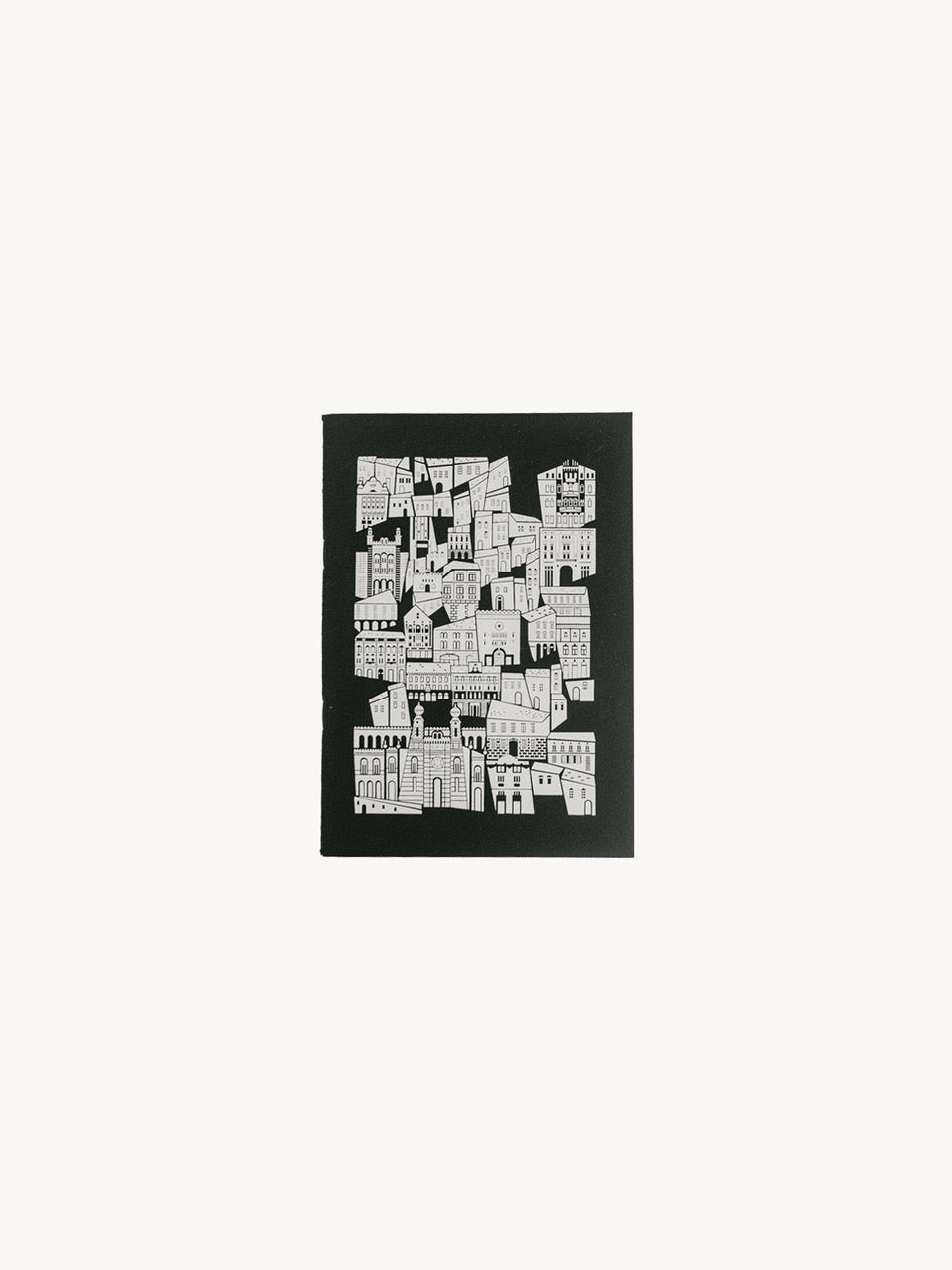Printa textil kisokos At Printa, from the very beginning, we use materials during production - be it clothing, accessories or home textiles - that are of high quality and, according to our current knowledge, the most environmentally friendly. We do not use materials derived from petroleum, such as polyester and acrylic. We prefer natural, certified and, where possible, recycled materials. We have collected for you in one place what these textiles are and what makes them so great.
ORGANIC COTTON JERSEY
Organic cotton (or organic cotton) is a great environmentally friendly material. It is grown without the use of plant protection agents, herbicides and artificial fertilizers, which is better for our health and the environment. What we use is made in Lithuania, thanks to its natural color, it also avoided the dyeing process, so it comes to the tailor's table as an even cleaner raw material.
What are the advantages?
- hypoallergenic
- breathable
- antibacterial
- extremely soft
- GMO free
- grown exclusively with natural seeds
ORGANIC COTTON FRENCH TERRY
French terry fabric with a fluffy effect, which can be made of wool, synthetic fibers or cotton, but at Printa we only use the latter version. The specialty of this type of knitting is that it consists of fine and soft loops on one (usually inner) side, while the other side has a soft, smooth surface.
What are the advantages?
- super absorbent
- extremely soft
- creases a little
- breathable
- elastic
- ideal for wearing in warmer and cooler weather
- pleasant wear
BIO COTTON DOUBLE
The double gauze is quite simply a combination of two layers of gauze, which are sewn together with small stitches, which is not visible on one side of the material, so this side is, by definition, on the outside of the garments. We prefer to use organic cotton double gauze for summer clothes, as it is one of the most airy materials, which is pleasant to wear even in the hottest weather, and its slightly wrinkled surface creates an interesting texture.
What are the advantages?
- breathable
- dries quickly
- soft to the touch
- dries quickly
BIO COTTON POPLIN
Poplin can be made of wool, cotton, silk, rayon, polyester or a mixture of these. The poplin we use at Printa is made of fine organic cotton, with a strong weave and a matte and smooth finish.
What are the advantages?
- incredibly soft
- easy to iron
- creases a little
- pleasant wear
- durable
ON COTTON CANVAS
This material is considered a true classic in the world of fashion. At Printa, we have been using cotton canvas in its completely raw state for a long time, because in this case, dyeing and bleaching are omitted during production, so it is a much more environmentally friendly solution. We also like the raw color of the material, which is somewhere between white and beige.
What are the advantages?
- strong, durable fabric
- easy to clean
- dries quickly
- breathable
- comfortable to wear
- environmentally friendly

JUTE-COTTON CANVAS
Jute has been cultivated for textile production in the Indian subcontinent for at least 5,000 years, jute fibers are produced from the jute plant. It is 100% biodegradable and recyclable, and does not produce toxic gases when burned, so it is environmentally friendly. It is very durable, so it is mainly used as a raw material for bags, accessories and kitchen accessories.
What are the advantages?
- durable
- dries quickly
-environmentally friendly
- easy to clean
FLAX
We really like linen as a base material. It is one of the most sustainable and ancient materials in the history of fashion. Its cultivation requires less water and pesticides than cotton. The linen raw material is made of strong and long flax fibers, completely biodegradable in its undyed state. It tolerates high temperatures well and has a very good absorbent capacity. The more you use it, the softer and more flexible it becomes and the more comfortable it is to wear.
What are the advantages?
- excellent absorbent
- dries quickly
- easy to clean
- breathable
- durable, hard-wearing fabric
- skin friendly
- environmentally friendly
LINEN-SZORONA CANVAS
The DuPont saw is made from 37% renewable plant-based ingredients, raw materials from responsible sources. Fibers made from Sórona polymer are currently used for the production of sportswear, swimwear, suits, artificial fur and other clothing products. It has USDA and OEKO-TEX certification.
What are the advantages?
- durable
- dries quickly
- breathable
- environmentally friendly
WOOL FELT
Wool felt is one of the oldest man-made textiles. Wool is particularly suitable for felting, much better than synthetic fibers. It has properties such as the unique durability and resilience. The waviness of the fibers provides natural flexibility. This flexibility makes it resistant, while the outer covering of the fibers forms a protective film layer, which is the key to its wear resistance. Lanolin, the thin waxy coating on wool fibers, makes wool waterproof and light-resistant. Wool can be dyed well, as the natural dyes penetrate up to the middle of the fiber and the color becomes intense and permanent.
What are the advantages?
- excellent heat insulator
- naturally dirt and water repellent
- fireproof, self-extinguishing
- renewable resource
TENCEL
Tencel is practically the environmentally friendly version of viscose (the production of which is very harmful to the environment). TENCEL ™ is produced from lyocell and modal fibers using an environmentally friendly process, from natural raw materials from sustainable sources. Say goodbye to viscose, tencel is the present and future!
What are the advantages?
- one of the softest materials
- comfortable wear
- skin friendly
- great absorbent
- environmentally friendly
- does not fluff
- maintains its quality for a long time

Recycled materials at Printa
RECYCLED SHIRTS
Post-consumer upcycling is the part of recycling when we transform an existing, used garment and create a new garment with added value. This method is widely used in the DIY community and also at Printa: in recent years we have reached a very high level of production, recycling more than two tons of men's shirts in this way. And why did you choose men's shirts? Their raw material is good, their shape and size are predictable, so they are also suitable for small series production. Tunics, tops, accessories, clothing inserts and pillow dolls are also made from them.
RECYCLED LEATHER
We recycle leather almost from the beginning. Our first leather products were leather bags, which we created from old leather jackets. For us, leather is a valuable and high-quality raw material, the lifespan of which we consider important to extend.
RECYCLED COTTON BEFORE USE
All over the world, a lot of textiles become waste even before they are used, sometimes due to minor manufacturing errors or wasteful design. We entered into cooperation with a Hungarian textile mill, from which we receive defective cotton materials. After that, we either avoid the error or use it by incorporating it into the design. This is why this type of recycling is called pre-use recycling.

RECYCLED COTTON YARN
Our knitted goods are made from 100% recycled, so-called regenerated cotton yarn. We knit the material in Hungarian knitting, with an exciting honeycomb pattern, from which we then make your favorite sweaters and knitted pants.
OLD WOOL YARN
It is very difficult to get old woolen yarn. A real scavenger hunt when we find it, it happens that we find it in the closet of a familiar grandmother. Our hand-knitted hats are all made from old woolen yarn.
ON VINTAGE LINEN
One of the most beautiful versions of linen is vintage linen, which was still made by hand weaving. It is very expensive and you can rarely find it, but if you get it, the material definitely carries extra value. We usually use it to make bags, jackets and belts.
Qualifications
OEKO-TEX
An examination and certification system developed for OEKO-TEX textile and leather products and the accessories used on them (threads, buttons, zippers, Velcro, labels, etc.) and compiled according to human ecological aspects. It prescribes the still permissible amount of chemical substances in materials used in the textile and clothing industry, which do not pose a danger to the human body. Accredited testing institutes belonging to the international OEKO-TEX Organization are responsible for qualifying the products from this point of view and then regularly check whether the products that have obtained the OEKO-TEX certificate continuously meet the prescribed requirements. All this ensures that products bearing the OEKO-TEX distinctive mark are not harmful to health.
GLOBAL ORGANIC TEXTILE STANDARD (GOTS)
GOTS aims to define a universal standard for organic fabrics - from growing and harvesting cotton, through environmentally and socially responsible (Fair Trade) production to labeling - in order to provide credible assurance to consumers. The standards apply to yarns, fabrics and garments and cover the production, processing, manufacture, packaging, labelling, export, import and distribution of all natural fiber products. GOTS offers a continuous quality control and certification system from the cotton fields to the store shelves. The GOTS-certified material is therefore much more than just a textile made from organic cotton. It is one of the most comprehensive and rigorous certifications, which is why it is so difficult to obtain.
USDA CERTIFIED ORGANIC BIO
Only products that contain 100% or at least 95% organic, i.e. ingredients from organic farming and processed organically, can receive the USDA Certified Organic certification. During organic certification, the entire production system is examined: the place of production, the fields, and the production lines are checked with continuous sampling. When you buy a USDA-certified product, you can be sure that every single ingredient has been carefully and rigorously inspected.
If you have any further questions about the materials we use at Printa, feel free to write to us at vuets@printa.hu!
